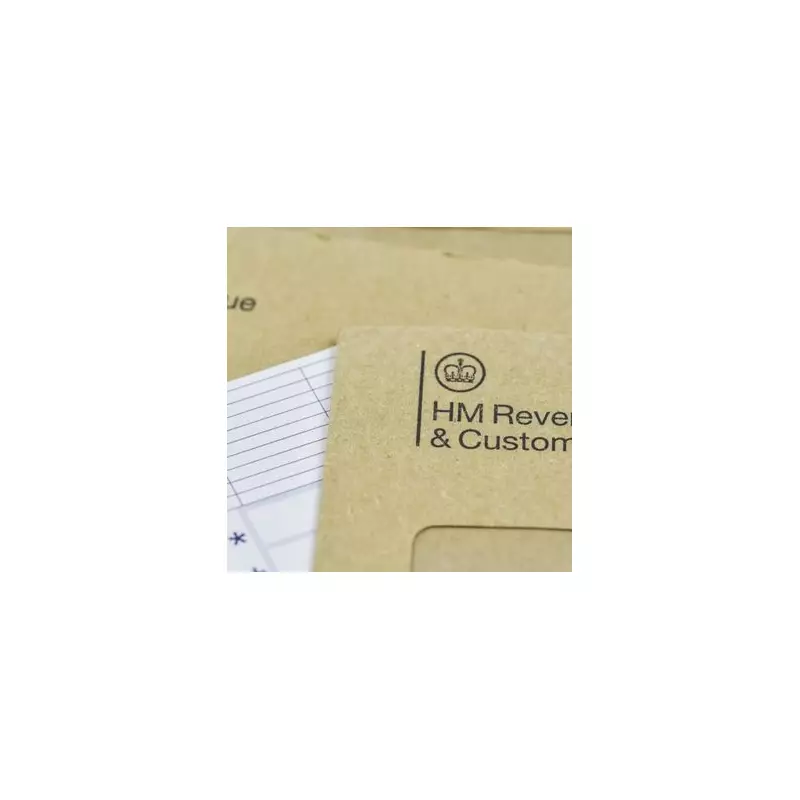
In what represents the most significant transformation of the UK tax system in over two decades, HM Revenue and Customs is preparing to shift millions of taxpayers to a new digital-first communication system. This monumental change will see traditional paper notices largely replaced by digital correspondence through the government's online portal.
The End of an Era for Paper Tax Communications
The transition, scheduled to begin in the coming months, marks a fundamental shift in how HMRC interacts with individuals and businesses across the country. For the first time, digital messages will become the default method for delivering important tax updates, calculations, and notices.
This move follows the successful migration of over 12 million taxpayers to the digital tax account system in recent years. The new approach will initially focus on those who already use HMRC's online services but still receive certain documents through traditional mail.
What This Means for UK Taxpayers
The changes will affect several key areas of tax communication:
- Annual tax calculation notices
- Simple assessment communications
- Notice of tax code adjustments
- Various other official HMRC correspondence
Taxpayers will need to regularly check their HMRC online account to ensure they don't miss critical deadlines or important updates regarding their tax affairs. The revenue body emphasizes that this digital-first approach will provide faster, more secure communication while reducing the environmental impact of paper-based systems.
Preparing for the Digital Transition
While the move promises greater efficiency, it does raise concerns about digital exclusion among elderly or vulnerable taxpayers who may struggle with online systems. HMRC has acknowledged these concerns and confirmed that alternative arrangements will remain available for those who genuinely cannot access digital services.
The transition comes as part of HMRC's broader strategy to modernize the UK tax system, making it more responsive and cost-effective. With postal strikes and delivery delays causing headaches in recent years, the shift to digital could provide more reliable delivery of time-sensitive tax information.
Experts suggest that taxpayers should ensure their HMRC online account is fully set up and that they've opted in to receive email notifications about new messages. This simple preparation could prevent missed deadlines and potential penalties as the new system rolls out nationwide.





